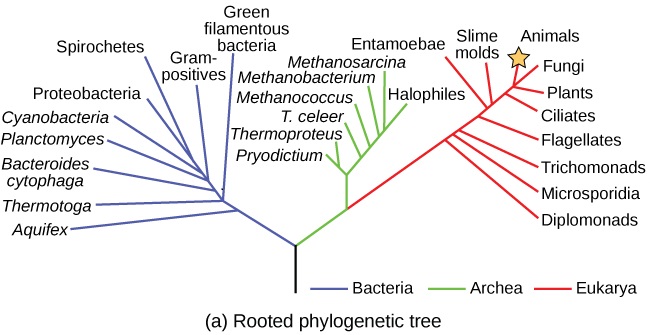Table of Contents
Introduction
- Definition of viruses: Viruses are not considered living organisms based on the usual definition, as they cannot replicate their genes or generate ATP independently.
- Connection to the living world: However, their use of the genetic code makes it hard to deny their evolutionary connection to the living organisms.
Origination of Viruses
- Infects all forms of life: Viruses have been found to infect every form of life including bacteria, animals, plants, fungi, algae, and archaea.
- Evolution after first cells appeared: It is likely that viruses evolved after the first cells appeared and depend on cells for their own propagation.
- Hypothesis of origin: The hypothesis is that viruses originated from naked bits of cellular nucleic acids that moved from one cell to another.
- Capsid proteins evolution: The evolution of genes coding for capsid proteins allowed viruses to bind cell membranes, facilitating the infection of uninjured cells.
- Mobile genetic elements: Candidates for the original sources of viral genomes include plasmids and transposons which are mobile genetic elements.
Viral Genomes
- Similarity with host genome: A viral genome can have more in common with the host genome than with the genomes of viruses that infect other hosts.
- Genetic similarity among viruses: Recent sequencing has shown that the genetic sequences of some viruses are quite similar to those of seemingly distantly related viruses, reflecting the persistence of favored viral genes.
Recent Discoveries
- Mimivirus: In 2003, Mimivirus was discovered, a double-stranded DNA virus with an icosahedral capsid and an estimated 1,000 genes, including genes previously found only in cellular genomes.
- Pandoravirus: In 2013, Pandoravirus, an even larger virus, was discovered with a genome larger than some small eukaryotes and over 90% of its genes unrelated to cellular genes.
- Tree of life: The place of viruses in the tree of life is an intriguing, unresolved question.
Conclusion
- Ongoing evolutionary relationship: The ongoing evolutionary relationship between viruses and their host cells makes viruses useful experimental systems in molecular biology.
- Practical applications: Knowledge about viruses also has practical applications due to their impact on all organisms through their ability to cause disease
